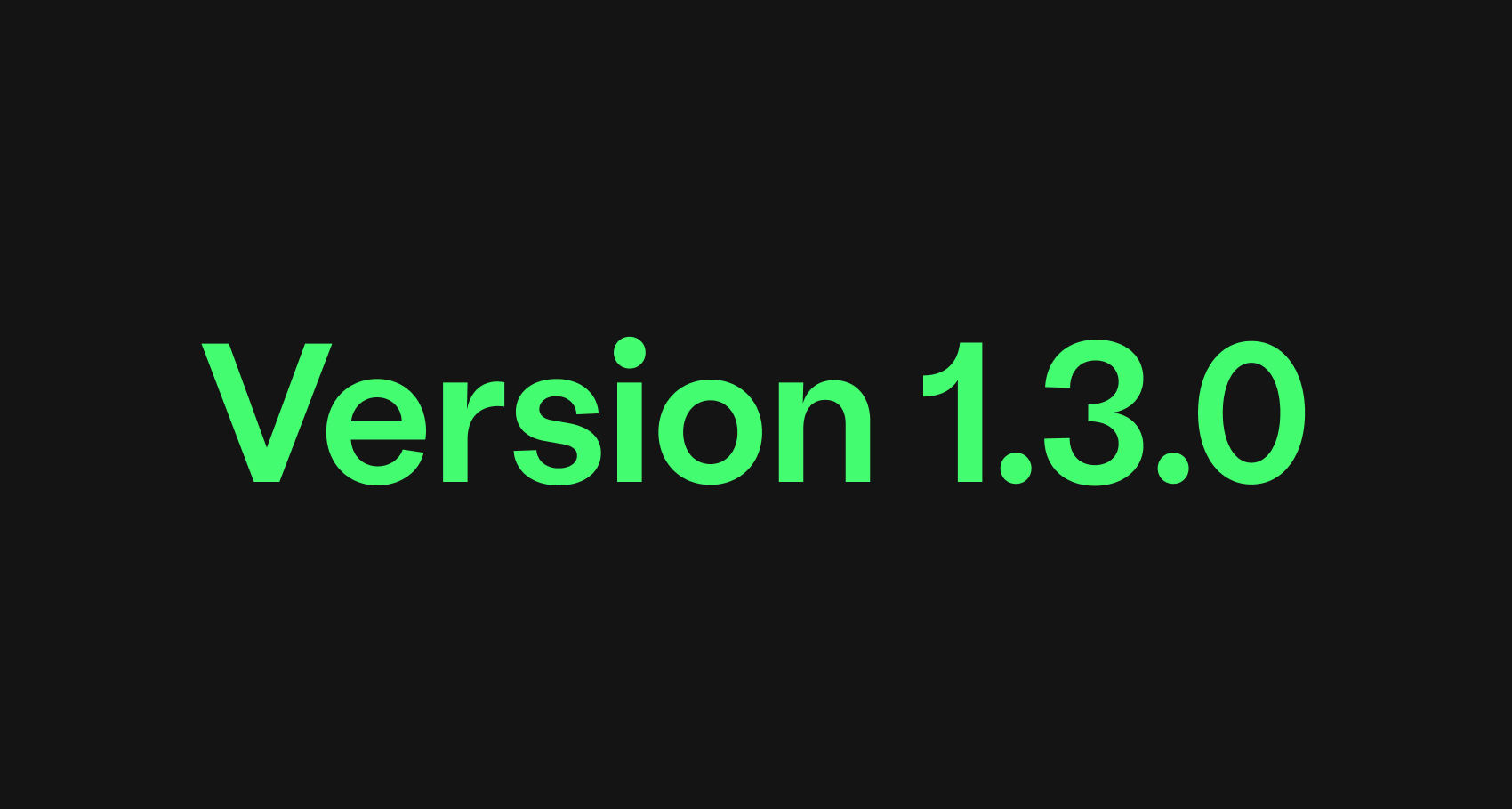LavinMQ version 1.3.0 is here!

We’re excited to announce the release of LavinMQ 1.3.0. This blog covers everything you need to know about our latest update.
Have we mentioned how grateful we are for your feedback? If not, here’s a heartfelt shoutout to all users who contribute by finding bugs and helping us improve LavinMQ. Your input is invaluable in propelling us forward!
As we progress towards our highly anticipated version 2.0, which will introduce full High Availability (HA) clustering support, we’re excited to announce the release of LavinMQ 1.3.0. This update marks a significant step forward in our journey, bringing us closer to our goal while delivering improvements and new features.
Let’s dive into the key highlights of this release:
Product updates
In preparation for upcoming clustering improvements, we have removed old replication. This change is aimed at streamlining future updates and enhancing overall performance.
Changed
- LavinMQ is now built with Crystal 1.13.1, and our Debian packages now include all debug symbols, which will assist in generating useful stack traces.
- We have replaced the external HTTP router with an internal one, meaning LavinMQ no longer relies on any external libraries for this functionality.
- The reliability of our specs has been improved by starting a new server for each spec.
- LavinMQ no longer sets TLS ciphers by itself; custom ciphers must now be configured via the config files.
Fixed
- The HTTP API no longer requires an (empty) body to PUT a new vhost, resolving a regression issue.
- lavinmqctl now correctly recognizes 201/204 response codes from the from set_permissions, set_user_tags and add_vhost.
- Queues will no longer be closed if file size is incorrect. #671, Won’t choke on somewhat too large message files on boot, fixes this issue.
- Improved logging.
- Won’t choke on empty message files on boot. (Pull request #685)
Added
- The ability to view which messages are unacked in each queue (HTTP and UI) Issue #712.
- Tags and descriptions on vhosts.
- You can now pass an array of URLs to shovel.
Sofie Abrahamsson

